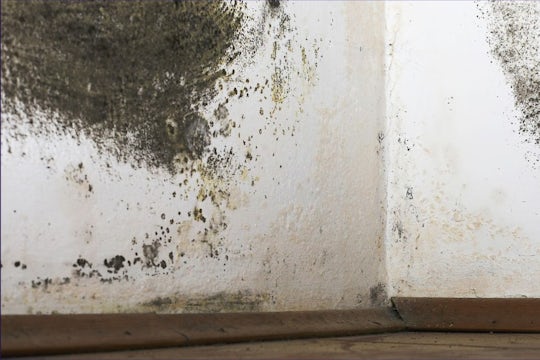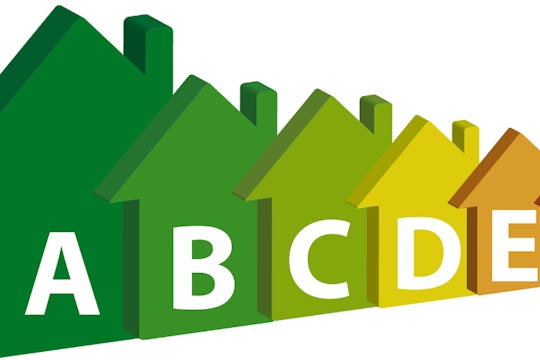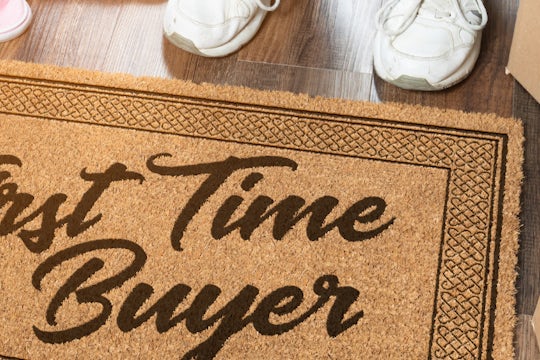Attention all Property Landlords!
Mould, Condensation and Damp in rented properties has been the topic of discussion for many years, is it’s the landlords or tenant’s responsibility to sort out, is it down to poor ventilation or a structural issue? But with the death of a two-year-old boy living in social housing who had a respiratory condition caused by extensive mould in the flat where he lived, this has rightfully been brought back in to focus.
In this blog we will talk through some common causes of mould, how to deal with them and who is likely to be responsible for remediating them.
Who is responsible for mould, landlord or tenant?
What causes mould?
Essentially all mould is caused where there is water, warmth and food such as wood, paper, carpets or even paint. In a home it is hard to remove the warmth and the “food” as you need your carpets and wallpaper, but the moisture is the thing that can be controlled so where does it come from?
Condensation
Condensation is by far the most common cause of mould in a property. Condensation can cause mould on wallpaper, paint in bathrooms and kitchens, windows and woodwork. This is normally relatively easy to control by not allowing humidity in the air to increase and to mop up any water before it becomes an issue, but who is responsible for sorting mould caused by condensation? This really depends on the reason for the condensation so let’s look at a few examples:
- If the condensation is caused by the tenant not using extraction fans or opening the windows to allow the humidity to be removed from the property, then sorting the mould issues will almost certainly be down to the tenant to sort out as it is their actions that are causing the problem
- If the windows for example are in a poor condition, e.g double glazed windows that have lost their integrity, then it is likely that the landlord would be responsible for sorting the problem as the problem is being caused by the condition of the property.
The key here is to understand where the problem is coming from. If it is caused by an action or inaction of the tenant, then they would be responsible for remediation. If it is caused by an action or inaction of the landlord, then they would be liable to sort the issue.
Rising Damp
Rising damp is where ground moisture makes its way up into the property through the walls in a property. This is typically caused when the damp proof course (DPC) is damaged or absent. Unless the tenant has deliberately interfered with the DPC, then the problem lies with the landlord to sort as it is caused by the condition of the property.
Penetrating Damp
Penetrating damp is where moisture penetrates into the structure of the property, this can be caused by things like a plumbing leak, missing roof tiles, leaking guttering or poor flashing. For the most part any of these issues come under the responsibility of the landlord. The main exception is where the tenant has caused the issue. For example, if the tenant puts a screw or nail into the wall and nicks a pipe, then the leak has been caused by the tenant and it would be their responsibility to sort the leak which is causing the mould and then also fix the mould as well. For things where mould has been caused by leaking gutters or missing roof tiles, for example, the landlord would be responsible. It is important, that as part of landlord inspections, the condition of the roof and the guttering or flashing is inspected. Catching any structural issues can cause damp, will allow swift intervention and reduce the likelihood of damp getting into the property.
Although not a totally black and white area, the general rule of thumb is that a tenant is responsible for keeping condensation in the property under control and preventing mould caused by condensation damp. A landlord is typically liable for any damp and subsequent mould caused by the condition of the property.
Who is responsible for mould, landlord or tenant?
Why is Mould Dangerous?
Mould is known to be an allergen, releasing mycotoxins that can instigate allergic reactions, especially in those with respiratory ailments like asthma or other chronic lung conditions. Those with compromised immune systems, such as infants, senior citizens, and individuals receiving chemotherapy, are particularly vulnerable.
Exposure to mould can lead to a variety of symptoms:
- Skin irritations
- Respiratory disturbances, including congestion, sneezing, or a runny nose
- Eye inflammation
- Asthma flare-ups
- Persistent headaches
- Feelings of nausea
- Sleep disturbances
- Tiredness
- Symptoms associated with “sick building syndrome”
- Elevated body temperatures
Certain mould varieties can have a more pronounced effect on those with pre-existing health concerns.
Moreover, mould can stimulate the growth of bacteria and other microorganisms, which can prompt inflammatory responses in those predisposed. Such reactions might manifest as conditions like hypersensitivity pneumonitis or bronchitis.
The severity of mould-induced symptoms typically correlates with an individual’s overall health and the extent of mould in the environment.
While healthy adults might experience minor symptoms from mould exposure, children are generally more susceptible. A 2012 research study concluded that early childhood exposure to household mould could increase the likelihood of developing asthma by age seven.
When is Mould the Tenants Responsibility?
Frequent practices like drying clothes on heaters or not ensuring proper ventilation in bathrooms and kitchens can contribute to mould and mildew. If there aren’t any underlying structural issues like rising dampness, leaks, or malfunctioning extractor fans, the onus might be on the tenant.
It’s essential to monitor properties for signs of mould during regular inspections. If you observe habits like clothes drying on heaters or infrequent use of heating, it’s a good idea to educate your tenants about the potential risks of mould growth.
Who is responsible for mould, landlord or tenant?
Tenants’ Rights Damp and Mould
When a tenant flags an issue related to dampness or mould, landlords are legally obligated to address it. It’s not the tenant’s responsibility; the law mandates landlords to handle it under the Housing Health and Safety Rating System (HHSRS). Addressing dampness is not optional.
In most situations, it’s advisable to engage an expert to diagnose the root cause and recommend preventative measures to stop future mould growth.
Promptly dealing with dampness and mould not only safeguards the health of your tenants but also maintains your property’s value and ensures legal compliance.
.
Mould and Tenant Deposits for your Rental Property
If mould growth isn’t due to any evident structural factors and can be attributed to the tenant’s actions, landlords might deduct the remediation costs from the tenant’s deposit.
Should there be a disagreement over deposit deductions, tenants can raise their concerns with the deposit protection scheme safeguarding their deposit. In such instances, the dispute would typically undergo arbitration.
Mould Related Property Disputes?
Mould-related disputes in rented properties can be tricky because pinpointing the responsible party isn’t straightforward.
If a tenant believes that structural flaws in the rental unit are the culprits, they could engage a damp specialist to evaluate and provide a report. This report might cite inadequate damp-proofing, insufficient insulation, or similar issues as the cause. Without such documentation, a property tribunal might side with the landlord.
If you’re a landlord and your tenant complains about mould this needs to be investigated with priority in to what could be causing this and documenting your journey through this with the tenant.














